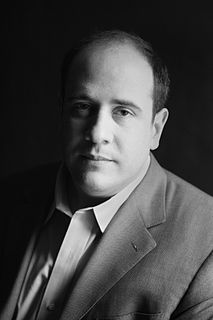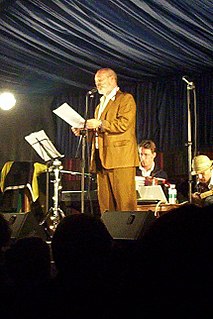A Quote by Robert Zubrin
The 20th century saw three great-power confrontations. Two of them turned into total war. We lucked out on the third. Do we really want to roll those dice again?
Related Quotes
There's this Indian fellow who worked out a cycle like the idea of stone-age, bronze-age, only he did it on an Indian one. The cycle goes from nothing until now and 20th century and then on and right around the cycle until the people are really grooving and then just sinks back into ignorance until it gets back into the beginning again. So the 20th century is a fraction of that cycle, and how many of those cycles has it done yet? It's done as many as you think and all these times it's been through exactly the same things, and it'll be this again.
I was really interested in 20th century communalism and alternative communities, the boom of communes in the 60s and 70s. That led me back to the 19th century. I was shocked to find what I would describe as far more utopian ideas in the 19th century than in the 20th century. Not only were the ideas so extreme, but surprising people were adopting them.
In the last quarter of the 20th century, Britons have been understandably obsessed with the problem of having too little power in the world. In the third quarter of the 18th century, by contrast, their forebears were perplexed by the problem of having acquired too much power too quickly over too many people.
I think there are deep structural things that are wrong in the world. The US is the Western empire of the 19th century regrouping in the 20th, not out of wickedness, but because everybody else in Eurasia was so completely destroyed by the Second World War. Economically, that was quite a useful time for the US, so they ended up in the position of enormous power. And like any great power, they're going to act in their own interests. The problem is due to what the business community wants, which is to make as much money as they can out of what other people do and pay as little as possible for it.
I want to say, and this is very important: at the end we lucked out. It was luck that prevented nuclear war. We came that close to nuclear war at the end. Rational individuals: Kennedy was rational; Khrushchev was rational; Castro was rational. Rational individuals came that close to total destruction of their societies. And that danger exists today.





































